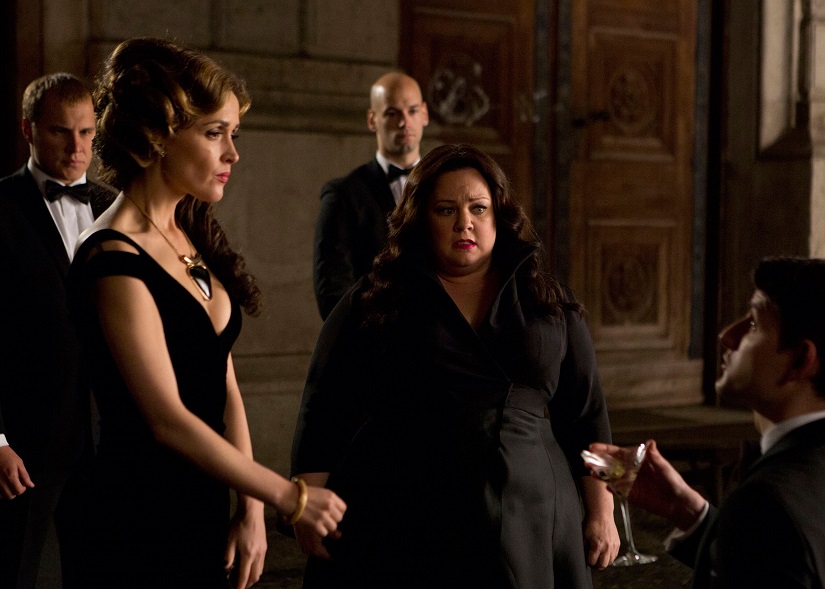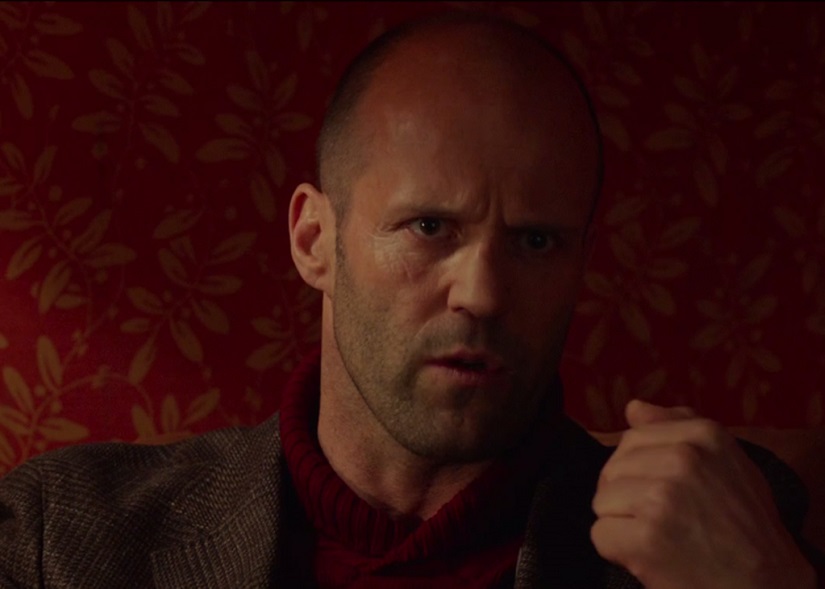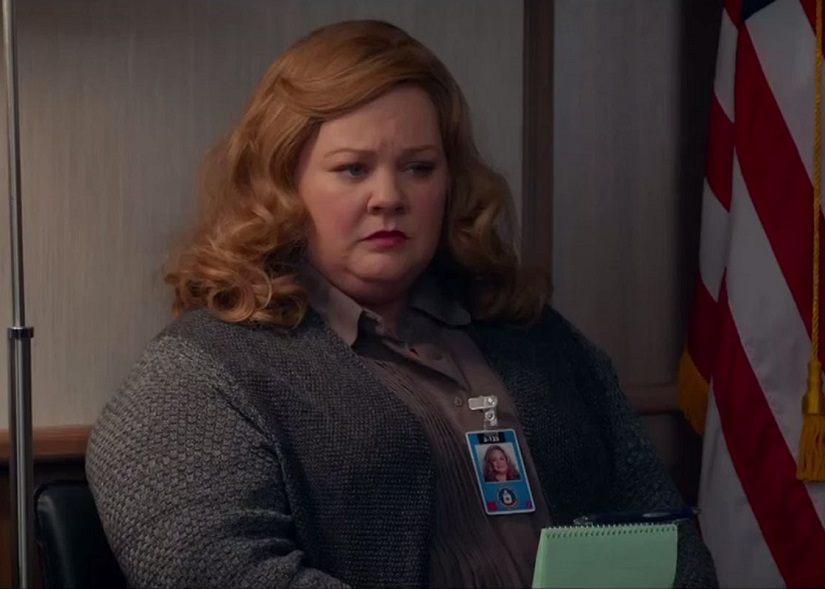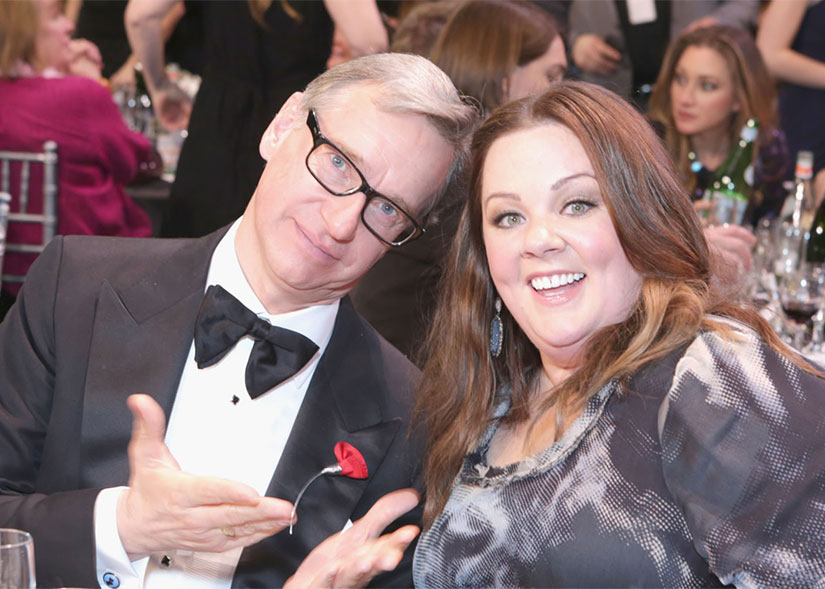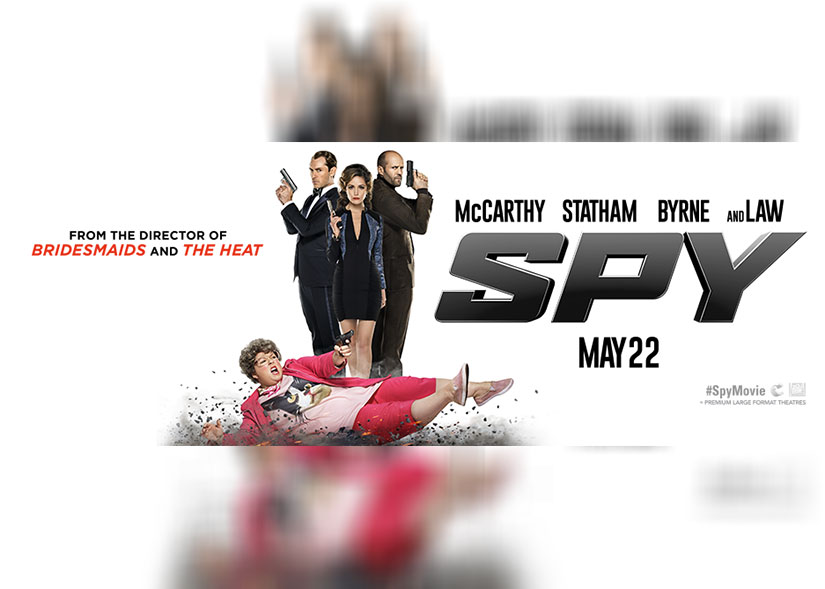[Review] Mission: Impossible - Rogue Nation
In my recaps of the Mission: Impossible movies last week, I postulated that even in this most unpredictable of series, where tone, narrative and character are defined not by formula but the vision of whomever happens to be behind the camera, the movies tend to alternate between the character-driven suspense of the first and third entries, and the live action cartoons of the second and fourth. From the trailers, you'd suspect Rogue Nation was set to break the cycle and consolidate the successes of Brad Bird's Ghost Protocol. In fact, Rogue Nation is every bit as much the product of its director as previous movies and its successes and failures are far more akin to those of the odd-numbered entries than the even ones.
McQuarrie's voice is not as immediately clear as that of De Palma, or Woo, or Abrams, or Bird, but there are clear traces of his previous work in Rogue Nation's DNA. There's the twisting allegiances of Usual Suspects, which he wrote; the slow-burning suspense and disenchantment with politics and governments from Valkyrie; a hint of The Tourist's globe-trotting caper; more than a splash of Jack Reacher's love of crunching physical violence, both personal and mechanical. That these traits are more disparate than those belonging to previous series directors leads to the movie struggling for a coherent tone, even if several of its individual notes are terrific. Somehow, that inconsistency allows it to be both its own thing and also the closest thing yet produced to a 'typical' Mission: Impossible movie.
[youtube id="pXwaKB7YOjw"]
Mission: Impossible - Rogue Nation
Director: Christopher McQuarrie
Rating: PG-13
Release Date: July 31st 2015
The much-trailed airplane stunt kicks off the movie and summarises much of why there continues to be a fondness for the series, sometimes in spite of itself. The entire sequence has next to nothing to do with the rest of the movie, but combines a real sense of danger and adrenaline with a winking sense of humour acknowledging the silliness of what is happening without undermining it. That dedication to over-the-top physical stuntwork generates and deserves huge amounts of goodwill, especially with Tom Cruise's fervent dedication to performing every fresh act of lunacy himself. It's a lost art these days, rarely seen since Roger Moore's tenure of the James Bond series, even if Moore let his stuntman do much of the hard graft. As an aside, it's interesting how much Rogue Nation, intentionally or not, draws on precedents from the Bond movies. The plane stunt is a larger scale version of similar efforts from Octopussy and Living Daylights, for instance, while aficionados of both series will spot a number of recurring motifs, not least in the villainous Syndicate being a brazen analogue for SPECTRE. With that organisation soon to make a return, you have to wonder if Cruise and McQuarrie hoped to nip in and bag a bit of the glory first.
After that typically spectacular intro, the movie settles down into something more unexpectedly low-key. Aside from an overextended car and bike chase somewhere around the midpoint, most of the major set-pieces revolve around tension and one-on-one fights rather than escalating the spectacle. The decision is an admirable one, but doesn't quite pay off as fully as it could as a result of shortcomings elsewhere. The first half is significantly more compelling for the fact that the Syndicate and its operatives and motives remain mysterious and unknown to both audience and protagonist. Ethan Hunt, going rogue for the fourth time in five movies in a gimmick that has gone beyond eye-rolling into resigned acceptance, feels out of his depth and struggling to keep up with enemies he's unable to even clearly identify, imbuing him with a sense of the underdog despite his superhuman physical capabilities. The apex of this, in both the high point of the movie and one of the series' strongest scenes, is his attempt to stop a Syndicate hit on the Austrian chancellor during a performance of Turandot at the Viennese opera. It's a perfectly paced sequence where a number of players of uncertain allegiances and motives play off each other in perfect musical and thematic timing to the opera taking place in the background.
In the middle of it all is Rebecca Ferguson's immaculately named Ilsa Faust, the double-triple-maybe-quadruple agent who is the movie's best developed and most engaging character by far. As the series continues to struggle to find any sort of identity for Hunt beyond 'Tom Cruise jumping off stuff', Ilsa is ferociously powerful, fiercely intelligent and vulnerable in a way which allows her to be grateful for help without making it seem as though she couldn't, in a pinch, save her own hide on the back of her talents. She drives the narrative far more than Hunt, who, like Max Rockatansky, mostly follows her lead and serves as a useful tool for disentangling her from the zero-sum situation into which she has been placed. Ferguson's performance enhances an already complex role, distinguishing between the character's professional deviousness and her personal humour and pragmatism. Aside from a strange two or three minutes where the camera twice lingers slightly too long on her bottom, her sexiness is played to emphasize her strength and is always under her control. In the end it's a relief she ends up friendzoning* the ever sexless Hunt, who is nowhere near as interesting a leading man as she deserves, no matter how often the movie farcically tells us he is 'the personification of destiny'.
That Ilsa represents one of so many strong elements which the movie puts into play in its first half only emphasizes how disappointing it is when they all start to fall in on each other in the second. Ilsa virtually holds the movie up on her own, but even she gets sidelined more and more as the screenwriters remember that Hunt, unfortunately, should probably start participating in the narrative of his own movie. The plot's unknown elements are a rich source of intrigue early on, but undermined with every new reveal. The Syndicate's motives are imprecise at best, their plan barely substantial enough to merit the use of the word, and their numbers seemingly comprise little more than leader Solomon Lane (Sean Harris) and a few bodyguards. Where the plotlessness of Ghost Protocol worked because that movie was basically a cartoon, here we are asked to take the stakes seriously, making the myriad logical fallacies and situational contrivances all the more apparent. A late scene in which Hunt and co. apprehend the British Prime Minister at a charity auction devolves into a non-stop stream of exposition, none of it enhancing the plot or characters and tying itself in knots to emphasize poorly developed themes while contriving to explain why none of the characters are going to be arrested immediately afterwards.
As the main villain, Solomon Lane is seemingly aiming for something along the lines of the psychopathic bureaucrat that Philip Seymour Hoffman embodied so perfectly in Mission: Impossible 3, but instead comes across as an annoying, whiny doofus, achieving what little he does through the ineptitude of others rather than his own competence. The bafflingly ridiculous manner in which he meets his fate, the last note of an already anti-climactic climax, is one of a series of misjudgments casting a character intended as creepy and sinister as meek and ineffectual instead. The movie never descends into being outright bad, but its inability to produce satisfying or even logical answers to the questions so enigmatically posed lead to the whole thing coming perilously close to collapse. As the first movie proves, low-key suspense can be an extremely effective tool in the action genre, but only when the writing is strong enough to fill the gap left by the absence of bombast, which is sadly not the case here. Ferguson's Ilsa is worth the price of admission on her own and then some, to the extent that I'd be far more excited about her getting a spin-off of her own than a sixth entry in a series which continues to only just delight more than it frustrates.
*And yes, before someone asks, I am using the notion of 'friendzoning' entirely sarcastically.
[Review] Spy
After achieving stardom with her standout performance in Bridesmaids, Melissa McCarthy has become a divisive figure, at once a reliable box-office draw while being frequently accused of only being able to play one type of character and one style of comedy. Spy is her third collaboration with director Paul Feig, for whom she will also be headlining the female version of Ghostbusters in 2016. Her work with Feig has generally coincided with her best reviews, with the pair sharing a fondness for subversive, proto-feminist genre spoofs.
Those who have found McCarthy's schtick offputting in the past won't find much to win them round in Spy, an uneven but occasionally amusing bounce through the familiar stable of spy movie clichés. McCarthy's character, Susan Cooper, certainly fits comfortably into the actress' pantheon, exhibiting the expected reliance on pratfalls and foul-mouthed tirades that both fans and detractors have come to expect. What elevates Cooper above the likes of Tammy Banks, of the dreadful eponymous 2014 vehicle which deservedly earnt McCarthy many of her worst notices, is a willingness to allow McCarthy to explore a more outwardly vulnerable, yet secretly competent, side to her familiar persona.
[youtube id="mAqxH0IAPQI"]
Spy
Director: Paul Feig
Rating: R
Release Date: June 5th, 2015
As would appear to be the case with the upcoming Ghostbusters, and was to an extent also true of the previous Feig-McCarthy team-up, The Heat, Spy's most noteworthy trick of genre subversion is casting women in roles typically occupied by men. This idea drives the narrative more than might be expected. Cooper starts out as a highly skilled if unconfident CIA analyst, whose job is to support superspy Bradley Fine (Jude Law) via earpiece with all the information he needs to know to complete his missions, while she watches from the safety of her desk via camera and satellite feeds. When Fine and all the CIA's other agents are compromised, Cooper, the only agent unknown to the enemy, is sent out into the field by her boss (Allison Janney) to retrieve a nuclear weapon before Rayna Boyanov, daughter to a deceased supervillain, can sell it on the black market.
The idea of women taking over a traditionally male game is a rich one, but Spy doesn't offer as much of an original take on the genre as hoped. The movie ventures little towards exploring what unique approaches and challenges a woman, especially a 'plus-sized' woman, might face in the field - the only exception being Cooper having to fend off the advances of Peter Serafinowicz's lecherous Italian agent, which is never as funny as the movie seems to think it is and Peter Serafinowicz seems mildly embarrassed to involved. The female friendship angle is fun and affectionate, but has limited impact on the main plot beyond bringing hero and villain together. Instead, the same spy tropes which have provided easy fodder for spoofs since the James Bond phenomenon came into being in the mid-sixties are dusted off for another airing, even if most of them have long since been left behind in the genre's modern iterations and were already more effectively and lovingly sent up in the first Austin Powers movie. Cooper's competence is very welcome, encouraging viewers to laugh with rather than at, but has been an integral part of creating a likeable goofball spy ever since, to a less obvious extent, Get Smart.
The presence of women in the lead roles does give the movie a novelty value on which it cruises for a while, albeit one which is more the result of the spy genre's near total absence of diversity in its leads than anything much this movie in particular has to say beyond noticing it. Like Kingsman: The Secret Service, the movie promises an anarchic, progressive spin on a typically very conservative enterprise, this time focusing on gender rather than class, but lacks the strength of its convictions to allow its non-traditional protagonist to display anything more unique to them than the standard heroic traits. In fact, it's Jason Statham's Rick Ford who offers the funniest, most determinedly radical spin on the action hero archetype. The character exaggerates Statham's persona by a factor of ten, resulting in a deranged, hyper-masculine doofus with total confidence in his own ridiculous abilities and contempt for anyone, especially women, barging in on his territory. Statham's performances have always carried an undercurrent of self-parody, so it's no surprise to see him shine when given his first chance to play unabashedly comedic material.
That's not to suggest the women fare at all badly: McCarthy is perfectly likeable as Cooper, whose lack of self-belief and frustration at being stuck behind a desk make it all the funnier and more engaging when she's finally allowed to break free of her shackles and start tearing things up. Where a previous McCarthy character threatening to chop a henchman's dick off and stick it to his head (thus making him, to quote, a 'limp-dick unicorn') would've relied on nothing but abrasiveness to get the laugh, here there's a palpable sense of relief as Cooper finally finds the freedom to fully express herself without reservation. Rose Byrne's clipped, arrogant Rayna makes a terrific foil, and her double act with McCarthy allows for some of the movie's most memorable, often seemingly improvised, exchanges. Miranda Hart, likely less familiar to US audiences than UK ones, also does solid work as Cooper's gawky co-worker and best friend, Nancy.
Feig directs with a sure enough hand and shows a reasonable aptitude for action, especially in a one-on-one knife fight in the final act, but there's never any sense of him stretching himself or going the extra distance to give the movie any sort of visual identity of its own. Perhaps symptomatically of the material, his work is functional and fit for purpose, but utterly unremarkable in all respects bar giving McCarthy the freedom to improvise some sparky one-liners into an otherwise drab script, and on the negative side, not immediately vetoing Jude Law's dismal attempt at an American accent, presumably put in place upon realising that three of the five main CIA characters were being played by Brits.
Spy doesn't break as much new ground as it thinks it does when it comes to spy spoofs, and the lack of substance behind its gender-swapping conceit doesn't bode especially well for Feig's Ghostbusters reboot. It is, however, sufficiently lightweight and amiable to be a serviceable diversion at a time when the quality of big screen comedy has taken a slide when compared to that on television. The nuances added to McCarthy's character allow the actress to bring some depth and pathos to her confrontational persona, even if it's Jason Statham's balls-out lunacy which ends up stealing the show as one of the few genuinely surprising and chaotic elements in an otherwise entirely forgettable affair.
[SXSW Interview] Paul Feig and Melissa McCarthy (Spy)
Video by Elijah Alvarado.
To coincide with the film's theatrical release, we are re-releasing our Spy interviews from this year's SXSW.
Paul Feig has risen up as one of Hollywood's best directors for comedies thanks to films like Bridesmaids and his penchant for creating strong female characters in a socially-aware landscape that asks for such positive depictions. It's this specific point that I wanted to hear more of from both Feig and Spy lead actress Melissa McCarthy (who also played a supporting role in Bridesmaids). I got the chance to do exactly that during a roundtable interview with Feig and a short red carpet interview with McCarthy ahead of Spy's SXSW premiere on March 15th.
[Red Band Trailer] Spy
Paul Feig and Melissa McCarthy have proven to be a formidable duo if their history together (Bridesmaids, The Heat) are any indication. While The Heat wasn't all too hot, Bridesmaids helped destroy the notion that women aren't funny and helped elevate McCarthy to the position she's in right now. Whereas The Heat saw McCarthy in a buddy cop comedy, the pair's latest, Spy, finds her the actress in a more suitable, if uncomfortable, position.
McCarthy stars as a desk agent (and the CIA's top analyst) who must enter the field after one of their agents is compromised. Starting alongside McCarthy are Rose Byrne (Neighbors), Jason Statham (Fast and Furious 7), and Jude Law.
Spy will be in theaters on May 22nd. You can read the film's official synopsis below.
Susan Cooper (Melissa McCarthy) is an unassuming, deskbound CIA analyst, and the unsung hero behind the Agency’s most dangerous missions. But when her partner (Jude Law) falls off the grid and another top agent (Jason Statham) is compromised, she volunteers to go deep undercover to infiltrate the world of a deadly arms dealer, and prevent a global disaster.



